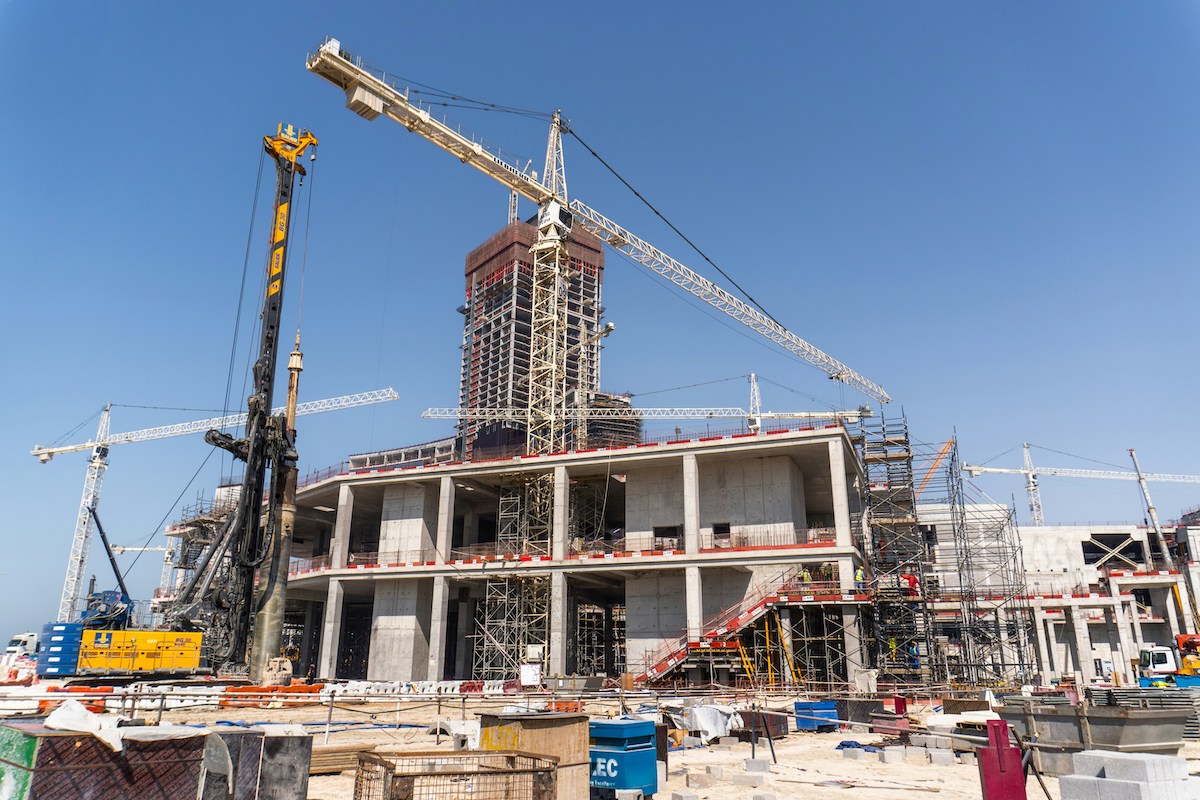Survey: Builders look to tech as productivity pressure mounts
Nine in 10 construction leaders in Canada say the industry must move quickly to adopt advanced technologies.

Key Takeaways:
- Productivity crisis at a tipping point: Construction productivity in Canada has fallen to levels below those of 1997, with output per hour worked collapsing after the pandemic—even as demand for major infrastructure and housing projects skyrockets.
- Tech optimism rising: 90% of construction professionals believe tools like AI, BIM, and digital twins can boost efficiency, and over half of surveyed firms are now prioritizing prefabrication and modular building to reduce costs and timelines.
- Tariffs and labour top concerns: Tariffs on U.S. materials, a chronic skilled labour shortage, and interprovincial trade barriers are major threats. Nearly three-quarters of companies expect it will become harder to meet project demand in the next decade.
The Whole Story:
Nine in 10 construction leaders in Canada say the industry must move quickly to adopt advanced technologies if it hopes to keep pace with soaring demand for housing and infrastructure.
That’s according to a new report by KPMG in Canada, which found that most companies are already starting to see a payoff from their tech investments. Tools like artificial intelligence, modular construction, robotics, and digital project modelling are beginning to boost productivity, even as the sector faces ongoing labour shortages and economic uncertainty.
Productivity push amid labour crunch
The survey of 265 construction executives found that 78 per cent of firms are still facing skilled labour shortages, and nearly three-quarters believe meeting demand will become even more difficult over the next decade as retirements outpace recruitment.
Jordan Thomson, director with KPMG’s Global Infrastructure Advisory practice, said the pressure is mounting for the sector to “do far more with less.”
While shortages have slightly eased since 2023, 70 per cent of companies still say the labour crunch is affecting their ability to bid on new projects or complete existing ones. That’s prompting many to prioritize technology that improves efficiency, streamlines work, and reduces reliance on manual labour.
Modular, AI and automation gaining traction
The report shows firms are increasingly prioritizing prefabrication and modular construction (53 per cent), along with demand-driven supply chain systems (56 per cent) and AI-powered tools (also 53 per cent). Other emerging technologies—such as drones, robotics, and wearable exoskeletons—are also being explored.
More than 80 per cent of respondents said their recent technology investments have already improved labour productivity or project outcomes.
“These investments are about to pay dividends and transform how we build in Canada,” said Tom Rothfischer, national industry leader for building, construction and real estate at KPMG. But he warned that high input costs and economic headwinds threaten to limit further investment.
Procurement reform seen as key to progress
A major theme in the report is the role of clients and procurement processes in shaping how quickly the industry modernizes. About 43 per cent of respondents said clients now play a “highly influential” role in their decision to adopt new technologies, and nearly 80 per cent said procurement is starting to evolve to support innovation.
Still, construction leaders say outdated tendering systems remain a barrier. “Too often, the system prioritizes lowest price over long-term value,” said Rodrigue Gilbert, president of the Canadian Construction Association. “If we want a modern, productive construction sector, governments must reform procurement to foster collaboration, ensure fair risk-sharing, and create the confidence companies need to invest and grow.”
Gilbert called for urgent action on interprovincial trade barriers and regulatory fragmentation, adding that the sector can’t deliver Canada’s housing and infrastructure targets without coordinated policy reform.
“The construction sector is the foundation of Canada’s nation-building ambitions,” he said. “Nothing gets built without us. The time to act—together—is now.”

